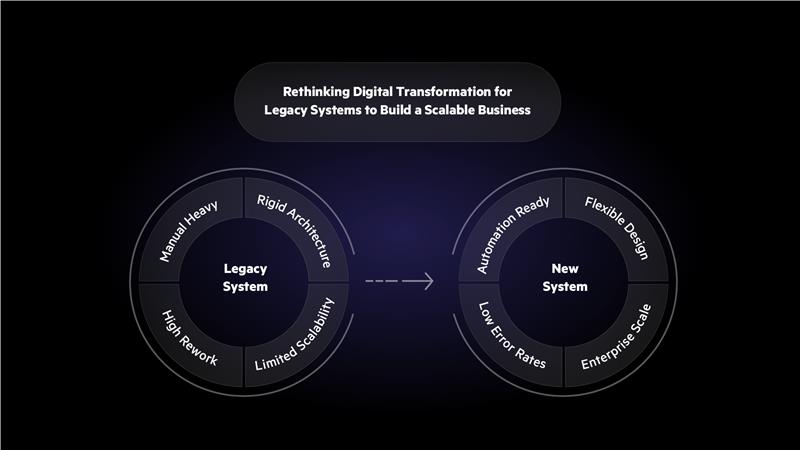Explores how Power Apps can benefit small businesses and demonstrates how easily non-technical users can create, deploy, and maintain custom applications.
In the competitive world of Small and Medium Enterprises (SMEs), finding cost-effective solutions to improve business operations and drive growth is crucial. Microsoft Power Apps offers a robust, user-friendly platform to help Small and medium businesses/enterprises automate and streamline their processes without requiring extensive technical expertise.
Power Apps is a suite of app-building tools from Microsoft that allows users to create custom applications to solve specific business problems. The platform's low-code approach enables non-technical users to develop professional applications without programming experience
The Power Apps Advantage
- Cost Effectiveness
Power Apps reduces the need for expensive software development and maintenance, making it an affordable solution for small businesses by empowering non-technical users to create their applications. SMEs can reduce reliance on external developers or expensive off-the-shelf solutions.
- Efficiency
Power Apps allows users to develop applications quickly, increasing efficiency in business processes. Automating routine tasks will enable employees to focus on more valuable work, leading to higher productivity and profitability.
- Scalability
Power Apps is designed to grow alongside your business, allowing you to add new features, users, and integrations as needed. This flexibility ensures that your applications will remain relevant as your business grows.
- Integration
Power Apps integrates seamlessly with other Microsoft applications and a wide range of third-party services. Allowing you to create a cohesive digital ecosystem tailored to your specific needs.
Getting Started with Power Apps
- Creating an App
Power Apps offers a user-friendly interface to create apps using pre-built templates or from scratch. The drag-and-drop interface allows users to design the app layout, add data sources, and incorporate various controls such as buttons, text inputs, and more.
- Connecting to Data
Power Apps can connect to various data sources, including Excel, SharePoint, SQL Server, and third-party services. This connection ensures that your applications are always updated with the latest information from your business.
- Sharing and Deploying Apps
Once an app is created, it can be easily shared with other users within your organization. Apps can be accessed on various devices, including smartphones, tablets, and desktop computers.
Real-World Examples
- Inventory Management
A retail SME can use Power Apps to create a custom inventory management application. Allowing employees to track and manage stock levels in real-time. This can help prevent overstocking or stockouts and improve overall supply chain efficiency.
- Sales Tracking
A small sales team can develop a Power Apps application to track leads, deals, and customer interactions. This allows for better team collaboration and visibility, leading to increased sales and improved customer relationships.
- Employee Onboarding
A small business can use Power Apps to develop a custom onboarding application. Power Apps streamlines the process of bringing new employees up to speed. The app can include training materials, checklists, and forms, ensuring a smooth and consistent onboarding experience.
From the above, it is clear that Power Apps provides a flexible, cost-effective solution for small and medium enterprises to create custom applications that address their unique business needs. Its user-friendly interface empowers non-technical users to develop professional applications, reducing reliance on expensive software development and maintenance. By implementing Power Apps, SMEs can increase efficiency and adapt.

.webp)
_New_3%20(1).jpg)

_New_8.jpg)
%20Banner.webp)


.png)

.png)
